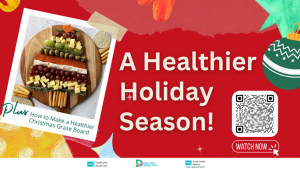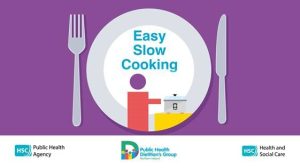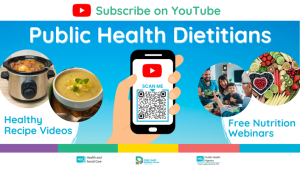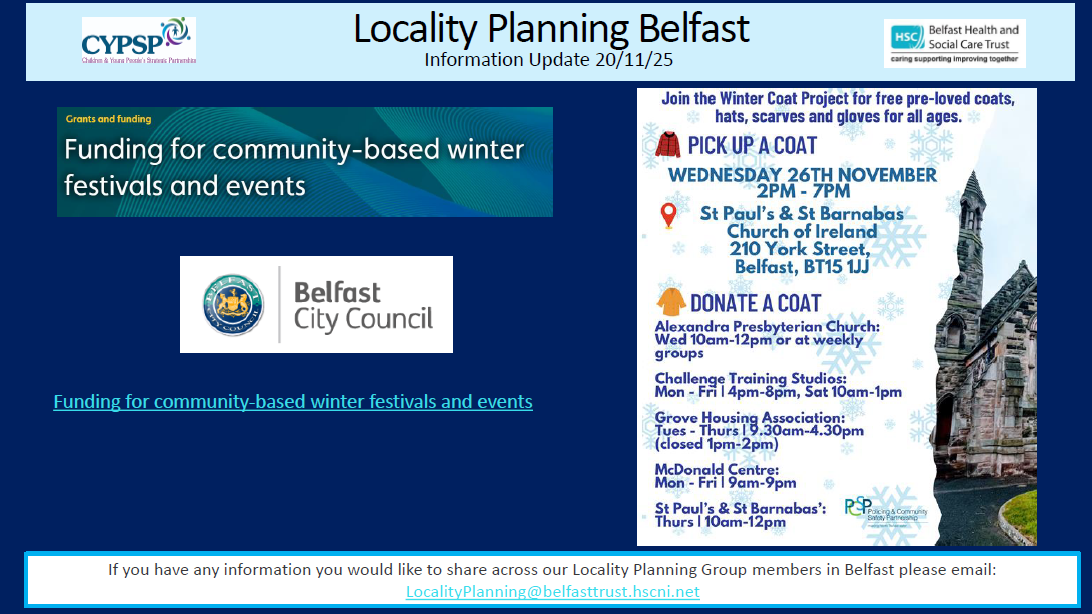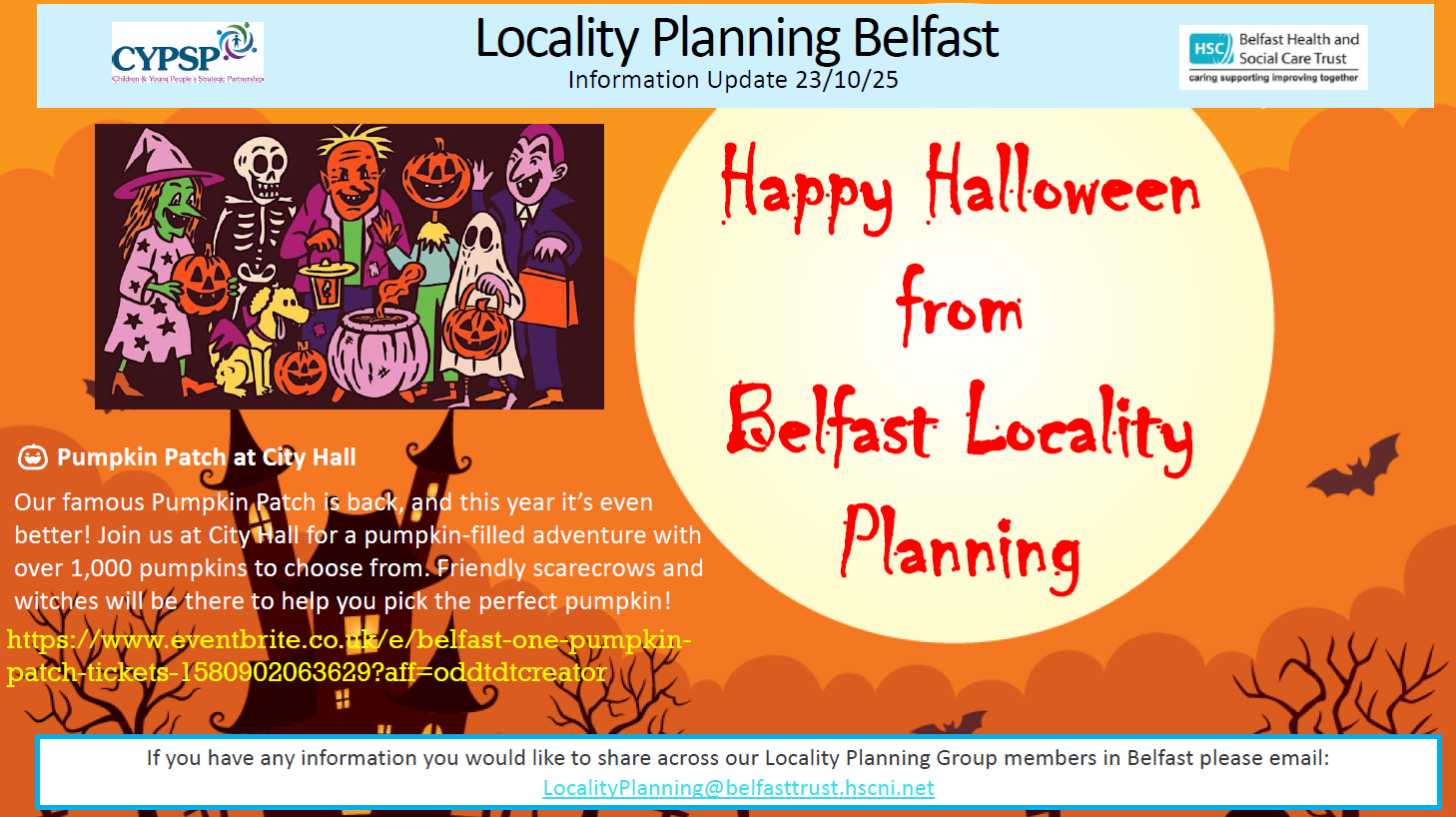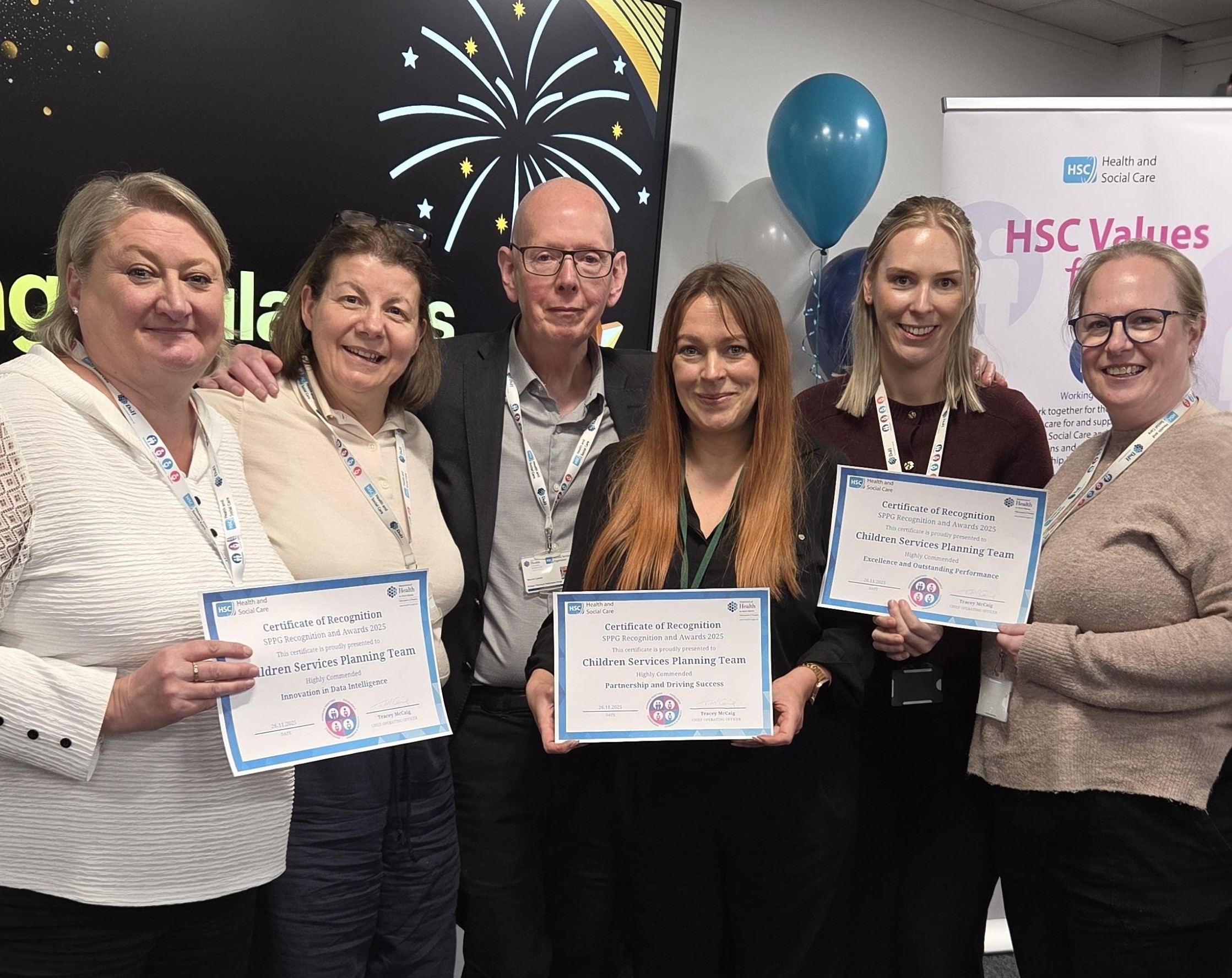 At this year’s SPPG Recognition and Awards event, the Children’s Services Planning Team was celebrated for its exceptional work in supporting the Children and Young People’s Strategic Partnership (CYPSP). The team received multiple commendations for initiatives that have made a real difference to children, young people, and families across the region.
At this year’s SPPG Recognition and Awards event, the Children’s Services Planning Team was celebrated for its exceptional work in supporting the Children and Young People’s Strategic Partnership (CYPSP). The team received multiple commendations for initiatives that have made a real difference to children, young people, and families across the region.
Driving Success Through Collaboration
The team was highly commended under the Partnership and Driving Success category for its work on The Youth Wellness Web. This innovative online platform provides young people with easy access to mental health and wellbeing resources, empowering them to find support when they need it most.
“The Youth Wellness Web is about giving young people the tools to take control of their wellbeing. It’s a collaborative effort that reflects our commitment to listening and responding to their needs,” said a spokesperson from the Children’s Services Planning Team.
Explore the Youth Wellness Web
Innovation in Data Intelligence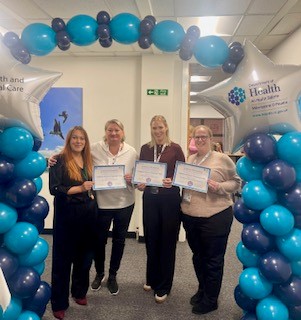
The team was also highly commended in the Innovation in Data Intelligence category for its Interactive Mapping and Performance System. This system represents a significant step forward in how data is used to inform planning and service delivery for children and families. By visualizing key indicators and trends, the platform enables decision-makers to target resources effectively and respond to emerging needs with precision.
Learn more about CYPSP Mapping Tools
Breaking Down Barriers with the Translation Hub
In addition, the team’s Translation Hub was recognized under the Excellence and Outstanding Performance category. This initiative ensures that vital information and resources are accessible to families whose first language is not English. By providing translated materials and culturally sensitive communication, the hub promotes inclusivity and equal access to services, strengthening support for diverse communities.
Commitment to Children and Families
These achievements highlight the unwavering commitment of the Children’s Services Planning Team to improving the lives of children and young people across the region. Their work demonstrates how collaboration, creativity, and data-driven approaches can lead to meaningful change and better outcomes for families.
“These projects show what can be achieved when we work together with a shared vision for children and young people. Congratulations to everyone involved,” said Tracey McCaig, Chief Operating Officer.
Congratulations to Bronwyn, Valerie, Louise, Sharon and Yvonne

